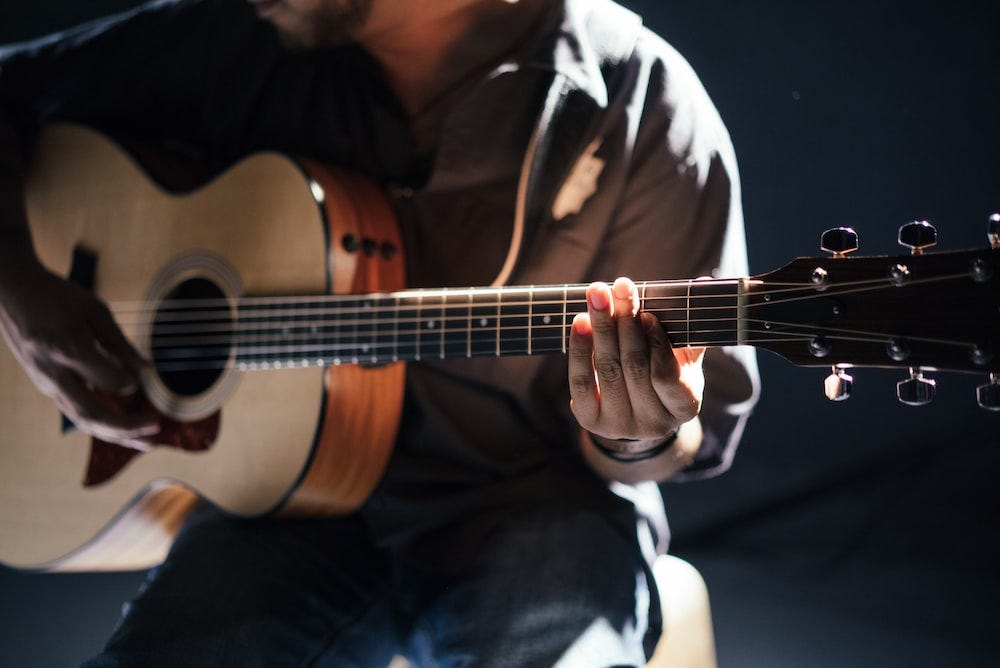In a recent legal development that has sent shockwaves through the music industry, leading music publishers Universal Music, ABKCO, and Concord Publishing have filed a lawsuit against the artificial intelligence company Anthropic.
The lawsuit, filed in the federal court of Tennessee, alleges that Anthropic has unlawfully used a vast array of copyrighted song lyrics, numbering in the hundreds, to train its chatbot named Claude.
Among the infringed works listed in the lawsuit are iconic songs ranging from the Beach Boys' timeless hit "God Only Knows" and the Rolling Stones' classic "Gimme Shelter" to modern favorites such as Mark Ronson and Bruno Mars' chart-topping sensation "Uptown Funk" and Beyoncé's acclaimed anthem "Halo."
The case is the first of its kind in the music industry taking action against AI-generated content, and it's sure to have wider implications as we integrate more of the technology into our lives.
How AI is changing copyright laws
Copyright law is a complex subject with each country having its own variations on what's permissible. When it comes to entertainment, creators must give permission for third parties to use their content for commercial gain.
Sometimes, it makes sense. Perhaps a movie company wants to promote its film, so it gives TV networks the go-ahead to broadcast a few minutes of it. A casino games provider might create free demo slots so that players can get a taste of their product and bet money later on. Similarly, music artists often let fans download a track from their new album for free as a marketing tactic.
The rise of AI is changing things, however. AI technologies are now capable of generating text, images, and even music. While this has opened new creative possibilities and avenues for innovation, it has also raised critical questions about the boundaries of copyright and intellectual property rights.
As AI becomes more sophisticated, the line between what constitutes original human-generated work and AI-generated work is becoming blurred. This poses challenges for copyright law, which was primarily designed to protect human creativity and innovation.
The case of Anthropic and the music publishers highlights the pressing need for legal frameworks that can deal with the complexities arising from the integration of AI into various creative processes.
The Anthropic case in detail
The lawsuit brought by the music publishers highlights a critical issue regarding AI's use of copyrighted materials without appropriate permission. It demands a clear understanding of musical copyright regulations, particularly as AI technology continues to develop and integrate into various industries.
Anthropic, in its defense, may argue that the use of song lyrics was necessary for the training of its AI chatbot, Claude, and that its intention was not to violate copyright laws but to enhance the capabilities of its AI technology.
However, the music publishers maintain that the unauthorized use of their copyrighted materials has incurred significant financial losses and has also undermined their ability to control and benefit from the commercial use of their creative works.
The case raises important questions about the extent to which AI systems can use copyrighted content without explicit authorization from the rights holders.
The results of it will set a legal precedent and will surely impact future cases, but by how much?
Future implications and precedents
The first major court case in any industry tends to change the way courts handle future cases and the outcome of this lawsuit could have many implications.
One of them is how AI companies use copyrighted content for their training purposes. It may prompt a review of existing laws and regulations to address the challenges posed by AI in the fields of intellectual property and creative works.
This case also serves as a reminder of the importance of fostering collaboration between AI developers and content creators to ensure that AI technologies can be used responsibly and in ways that respect the rights of creators.
The end products are usually clear guidelines and ethical standards for the use of copyrighted materials, but with AI, the path to this is likely to be complex and problematic.
An important balance
The case between the music publishers and Anthropic calls for a forward-thinking approach to copyright law that can recognize the benefits of AI-generated content while safeguarding the rights of content creators.
If the music industry can achieve this, then we may find an importance balance: a way of rewarding human creativity, while also using smart tech to draw from a deeper well of inspiration.
